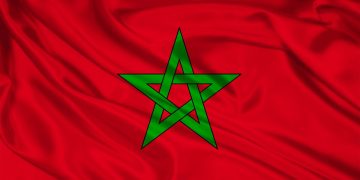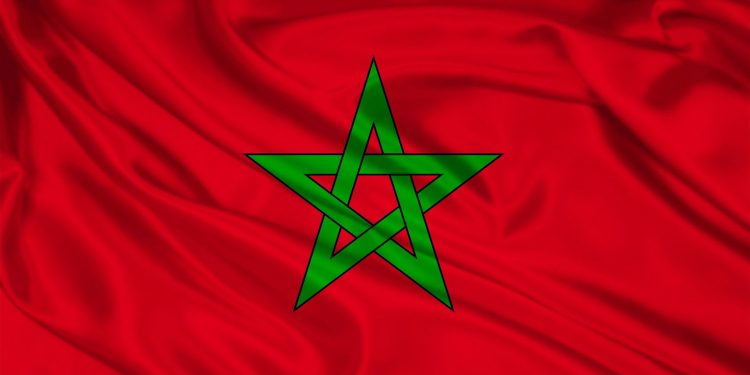#Agriculture #Sustainability #ClimateChange #FertilizerSubsidies #CropProduction #MoroccoAgriculture #FarmersSupport #WaterScarcity #InnovationInAgriculture
In the arid landscapes of Rabat-Salé-Kénitra, Morocco, the Ministry of Agriculture, Fisheries, Rural Development, and Water and Forests has launched a groundbreaking initiative to sell subsidized nitrogen fertilizers. This move, a part of the 2023 National Program to mitigate the impacts of rainfall shortages, aims to alleviate the effects of drought and restore balance in agricultural production chains. This article delves into the details of this initiative and its impact on farmers, exploring the innovative strategies employed to enhance crop yield in the face of water scarcity challenges.
In recent times, the agricultural sector in Morocco, like many others globally, has grappled with the adverse effects of climate change, prominently manifested in water scarcity issues. In response to these challenges, the Ministry of Agriculture, Fisheries, Rural Development, and Water and Forests initiated a pivotal program in the Rabat-Salé-Kénitra region. The program focuses on the sale of subsidized nitrogen fertilizers, aiming to bolster agricultural productivity despite the constraints posed by insufficient rainfall.
Fertilizer Subsidies: Empowering Farmers
Under the leadership of the Agricultural Development District in Sidi Allal Tazi, a subdivision of the Regional Agricultural Investment Office in Rabat-Salé-Kénitra, subsidized nitrogen fertilizers have been made available to local farmers. The initiative includes support for essential fertilizers like ammonium nitrate, urea, and ammonia sulfate, with subsidies ranging from 21% to 46% based on fertilizer type.
Hicham Nyam, the head of the Agricultural Development District in Sidi Allal Tazi, emphasized the significance of this support. “The subsidized prices of fertilizers are set at 50% lower than the market rates,” Nyam explained. “Ammonium nitrate is priced at 240 Moroccan Dirhams per quintal, urea at 330 Dirhams, and ammonia sulfate at 150 Dirhams per quintal.”
Seed Support for Key Vegetables
Additionally, the program extends its support to vital vegetable seeds. Potato seeds, both certified and regular, receive substantial backing, with certified seeds garnering 15,000 Moroccan Dirhams per hectare compared to 8,000 Dirhams for conventional seeds. The assistance doesn’t stop here; onions, tomatoes, carrots, pumpkins, beans, and various other crops find support under this initiative, ensuring a diverse and sustainable agricultural landscape.
Empowering Farmers, Ensuring Stability
This initiative proves to be a game-changer for local farmers, stabilizing their agricultural endeavors amid unpredictable weather patterns. Azouz, a local farmer benefiting from this support, emphasized its importance in stabilizing vegetable prices. He acknowledged the immense impact of last year’s scarce rainfall on both farmers and consumers alike.
With the Rabat-Salé-Kénitra region planning to expand its vegetable program to cover 58,000 hectares, a 23% increase from the previous season, the initiative ensures a continuous supply of produce throughout the year, promoting market stability and price equilibrium.
In the face of climate change-induced water scarcity, initiatives like these stand as beacons of hope for farmers. By providing financial support, technological aid, and expert guidance, governments can empower agricultural communities to thrive even in challenging conditions. The program in Rabat-Salé-Kénitra exemplifies the potential of strategic interventions, offering a blueprint for sustainable agriculture in the future.































